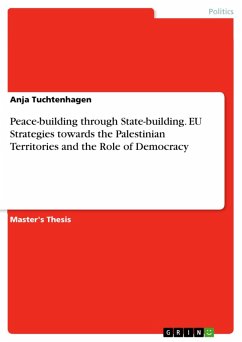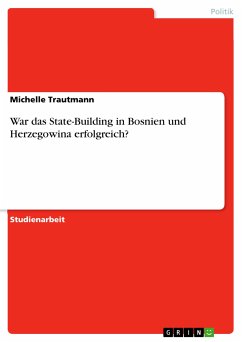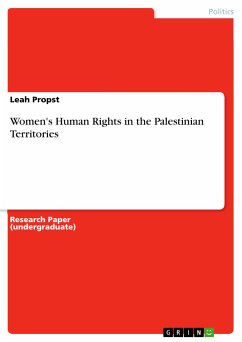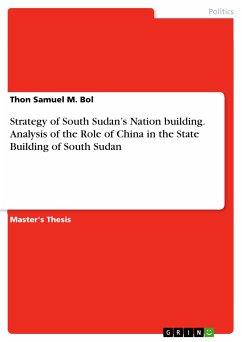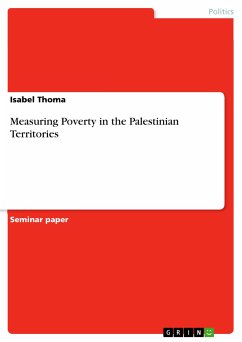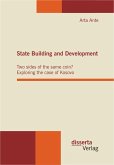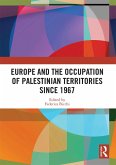Master's Thesis from the year 2013 in the subject Politics - Region: Near East, Near Orient, grade: 2,1, Leiden University (Humanities), course: Internationale Beziehungen, language: English, abstract: This paper seeks to address the persistent problem of integrating democracy and good governance approaches as universal values into external policy-making. To this end, the EU¿s state-building policies towards Palestine have been chosen as a case study. Palestine, presently not a sovereign state represents a case of international large-scale peace-building endeavor in a post Cold War context. The Palestinian case is insofar crucial for policy makers as it offers insights into democratization policies where there is no sovereign state to address. Instead, democratic structures and good governance have been established by the EU and the international community as a precondition for its very emergence. The EU¿s role among these actors as democracy promoter, state- and peace-builder is therefore interesting as the rationale of its very inception was the establishment of peace. It is a unique example of a Union of sovereign states being built on a territory whose inhabitants have been going to war with each other throughout history. Drawing against this background the paper considers it valid to ask the question of what the EU does regarding the defence/ proliferation of its founding principles in its external relations, especially in an area of geographical proximity such as the Middle East which is troubled by the violent conflict between Arab states and Israel and particular between Palestinians and Israelis. The explicit goal of this analysis is therefore to offer insight into how the EU embeds its external democratization agenda into the state- and peace-building approach applied in Palestine and on which notions these activities rest. Thereby it looks at the EU¿s engagement starting in 2003 when democracy and good governance promotion in Palestine have gained popularity within the international donor community. Thereby the paper exclusively deals with Community policies and does not consider bilateral actions by its Member States. It seeks to shed light on the dynamics between the underlying theoretical concepts of the peace-building project in the Palestinian-Israeli conflict in order to find out if or up to which extent they are compatible with the EU¿s commitment to external democratization. Therefore the main research question is: "Is the democracy/ good governance support in Palestine by the EU an adequate means to promote peace in the Middle East?"
Dieser Download kann aus rechtlichen Gründen nur mit Rechnungsadresse in A, B, BG, CY, CZ, D, DK, EW, E, FIN, F, GR, HR, H, IRL, I, LT, L, LR, M, NL, PL, P, R, S, SLO, SK ausgeliefert werden.

